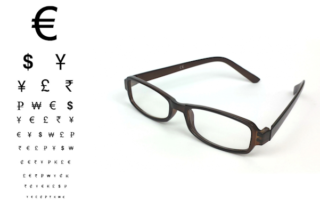The Behavioral Economics of Price-Setting
Prospect theory proposes that when making decisions people use a reference point to frame prospective alternative outcomes as either potential gains or losses; when considering prospective gains, they are risk-averse and prefer certainty, but when considering prospective losses, they are risk-prone and prefer to risk the possibility of larger but uncertain losses. However, when setting prices people make decisions that contradict prospect theory: they are risk prone when cutting prices with the prospect of revenue gains, and risk averse when raising prices that they associate with perceived revenue losses.










